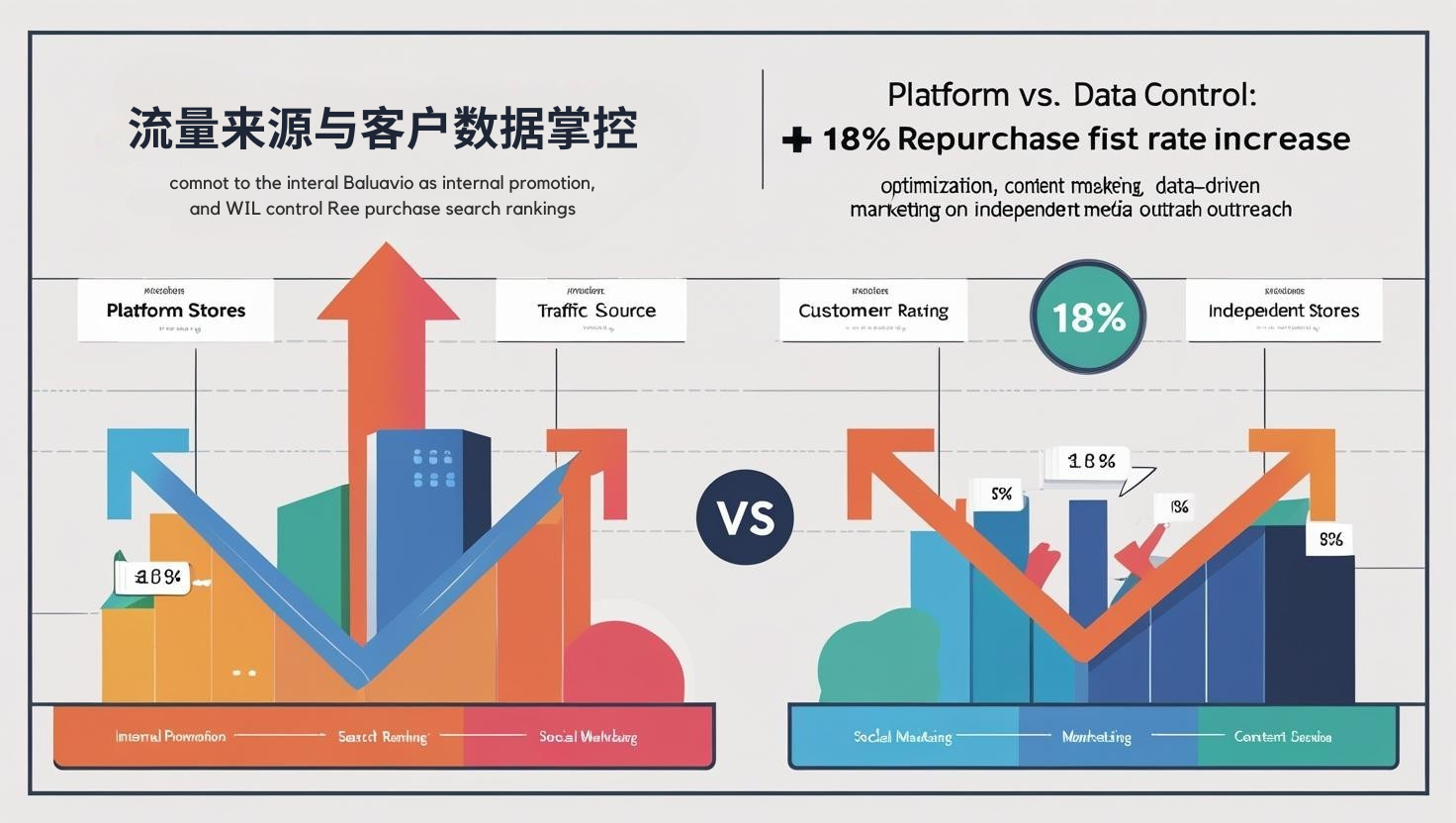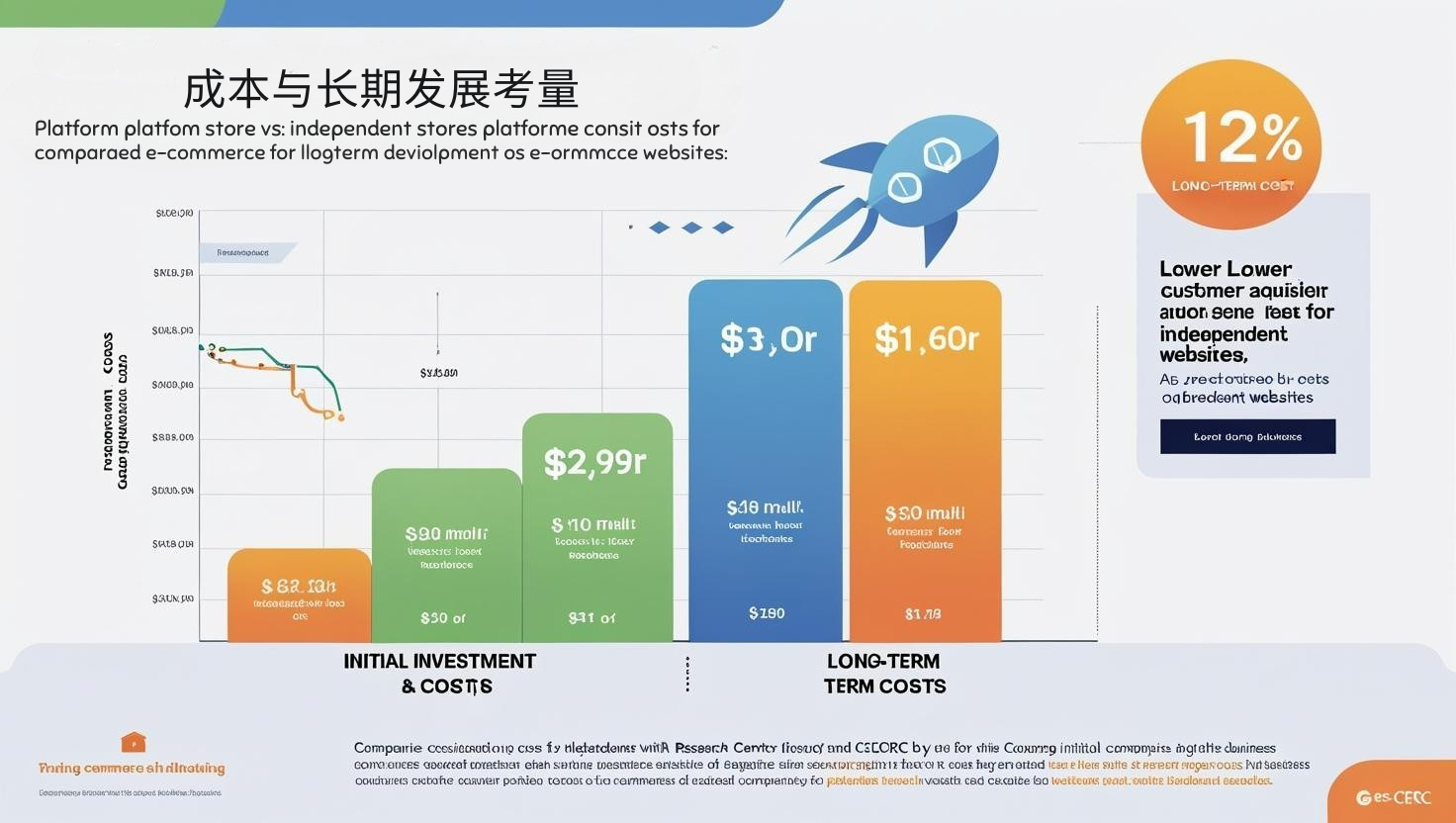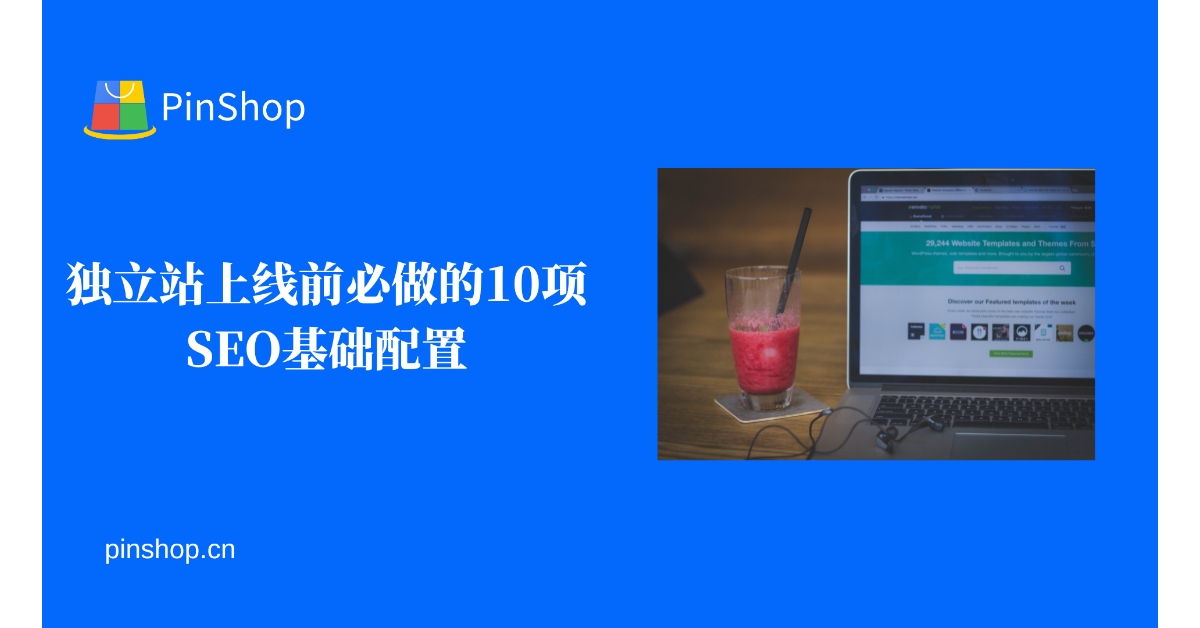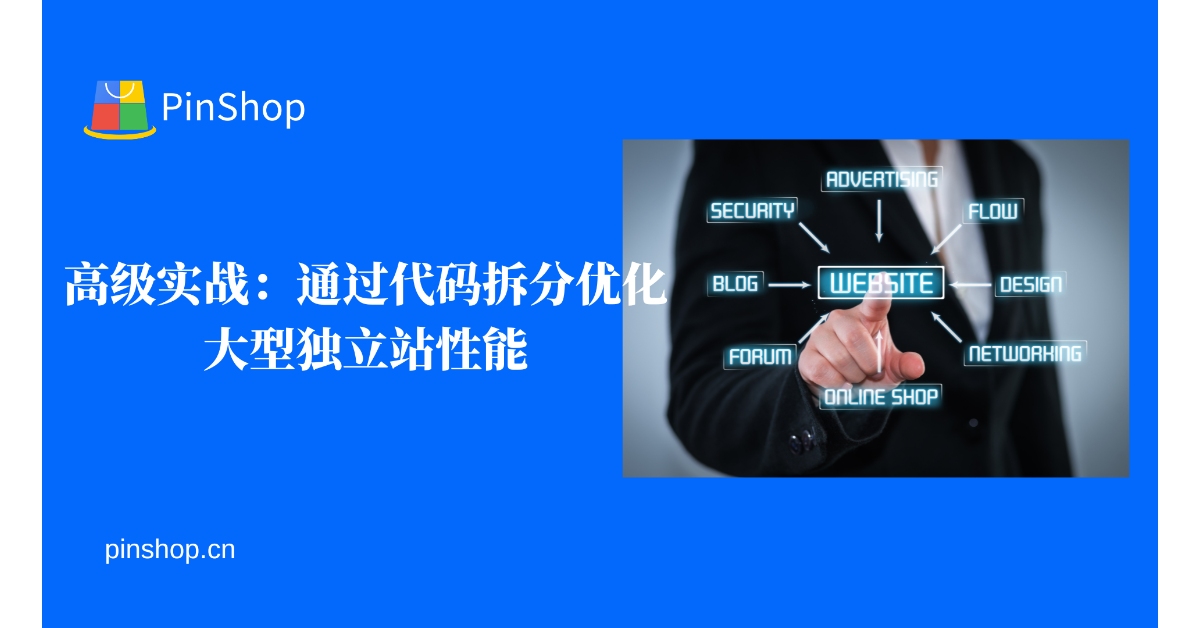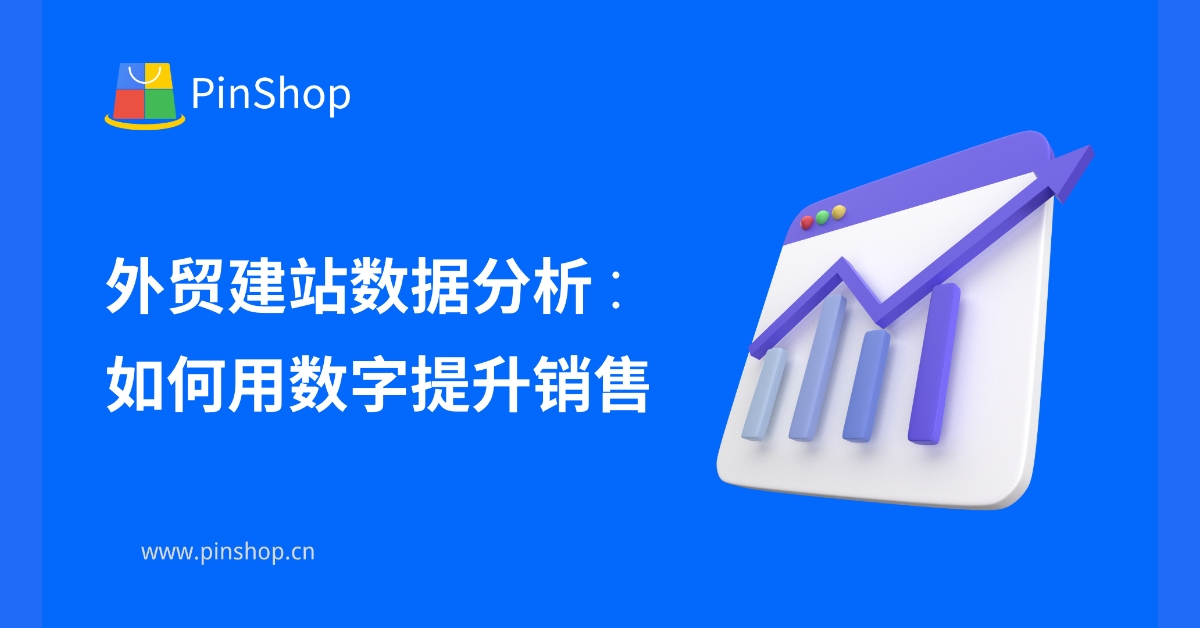1. The basic differences between independent sites and platform stores
An independent website is a company's own digital asset, giving it full control over the domain name, content, design, and user data. Platform stores, on the other hand, rely on third-party e-commerce platforms and are subject to their own regulations, traffic allocation, and cost restrictions. Independent websites allow companies to flexibly build their brand image and marketing strategies, while also allowing for content customization and SEO optimization to boost long-term organic traffic.
According to a survey by the China Electronic Commerce Association (CECA) , foreign trade companies with independent websites generally experience 15%-20% higher brand exposure and customer loyalty. This data shows that independent websites have clear advantages in brand building and customer relationship management.
2. Traffic Sources and Customer Data Control
Traffic for platform stores relies primarily on internal platform promotion and search rankings, making it difficult for businesses to control customer information and recurring marketing channels. Independent websites, on the other hand, can accumulate their own traffic through SEO optimization, content marketing, and social media outreach, and obtain comprehensive customer data, facilitating long-term marketing and conversion analysis.
According to data from the China Council for the Promotion of International Trade (CCPIT) , data-driven marketing based on independent websites has increased the repurchase rate of overseas customers by approximately 18%. This advantage is crucial for foreign trade companies to carry out precision marketing and long-term customer relations.
3. Brand Building and Marketing Flexibility
Independent websites can support a company's comprehensive brand display, including customized pages, industry case studies, blogs, and multilingual support, enabling global brand communication. Platform stores have many limitations in marketing and page design, making it difficult to demonstrate a company's differentiated advantages.
For example, a company that exports machinery and equipment used its independent website to publish operating guides and industry solutions, combined with a content marketing strategy, to see an approximately 20% increase in overseas inquiries within three months (Source: World Trade Organization ). The flexibility of an independent website allows the company to independently plan promotional activities and quickly respond to market demand.
4. Cost and Long-term Development Considerations
Platform stores require low initial investment, but long-term costs are high and they are susceptible to policy and algorithm changes, which can lead to traffic fluctuations. Independent websites, while more expensive initially, can build long-term brand equity, reduce reliance on third-party platforms, and achieve sustainable development. According to analysis by the China E-Commerce Research Center (CECRC) , companies that have long-term independent websites have an average overall customer acquisition cost that is 12% lower than those relying on platform stores.
Summary and CTA
Independent websites and platform stores each have their advantages, but for businesses looking to establish their own brands, gain access to customer data, and enhance their overseas marketing capabilities, independent websites are a key tool for long-term development. By strategically planning website structure, optimizing content, and implementing SEO strategies, businesses can achieve precise global customer acquisition and build brand value.
If you want to quickly build an efficient independent website, the Pinshop website building platform provides a one-stop solution covering SEO optimization, content marketing and multilingual support, helping companies grow steadily in the global market.

